Marie France Lalonde draws a line between the Doug Ford’s firing of the deputy commissioner of Ontario Provincial Police and his invocation of the notwithstanding clause of the Canadian Constitution last summer to push through a law to cut Toronto city council in half in the midst of an election.
“We have a government that seems to be willing to violate the conventions of our democratic system,” the former Liberal community safety minister told National Observer.
This week, the Doug Ford government fired Brad Blair, deputy commissioner of the Ontario Provincial Police, weeks after he revealed the apparent conflicts of interest in the appointment of the premier’s 72-year-old friend Ron Taverner as the province’s top cop.
Under mounting scrutiny, the 50-year veteran of the Toronto police took his name out of the running for the position on Wednesday. Ford has previously said Taverner was the most popular police officer in the province. Multiple reports show Ford met with Taverner several times in the lead up to his appointment on Nov. 29.
The government continues to insist that nothing inappropriate occurred in the process that led to Taverner’s hiring. Ford has repeatedly said he had “zero influence” in the matter. A public servant, deputy minister of community safety, Mario Di Tommaso, made the decision, they said. But, Di Tomasso is an old friend of both Ford’s and Taverner’s, serving at one point as Taverner’s boss in the Toronto police.
His appointment continues to be the focus of an investigation by the province’s integrity commissioner, and the focus of an ongoing legal battle between Blair and the government to persuade the provincial ombudsman to investigate.
In the wake of the news, National Observer spoke to experts to understand what the process was meant to be and what, if any, accountability measures are available to deal with a conflict-of-interest situation like this.
How is a new OPP commissioner chosen?
The last time a new OPP commissioner was appointed was in 2012 under the Liberal regime, Lalonde told National Observer.
“There is a natural synergy to the process,” she said. The appointments are selected and approved first by a panel in the public service commission — an independent body made up of the secretariat of the premier of Ontario’s cabinet and senior public servants. In matters pertaining to policing appointments, including (at least in hiring of police members) the deputy community safety minister.
Once there is an agreement among members of the panel, the deputy community safety minister will take their recommended appointee to the minister, who will in turn present that recommendation to the premier's cabinet.
The minister can ask the deputy questions but isn’t actively involved in the selection of the appointee.
"It's ultimately the minister who has most the powers in this case," Karim Bardeesy, co-Founder of the Ryerson Leadership Lab and a former senior official in Kathleen Wynne's office. "The cabinet takes position on the recommendation of the minister."
The cabinet can choose to “yay or nay” the recommendation, Lalonde said.
Experts told National Observer that at this point in the process, members of the cabinet also have the opportunity to disclose any perceived or apparent conflicts of interest, and recuse themselves if needed.
“You would presume the panel of deputy ministers sitting on the public service commission would act as a check and balance if the decision to hire someone was improper,” Lalonde said. “You would presume there would be any number of conversations throughout the process.”
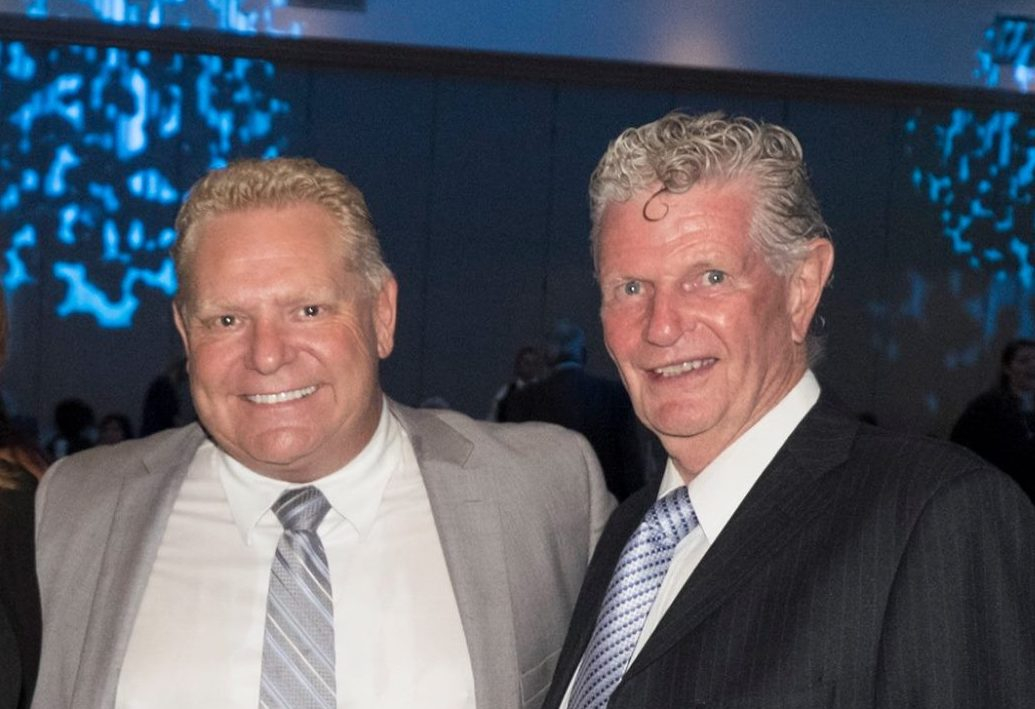
Doug Ford poses for a picture with Ron Taverner at a Reena Foundation event in a photo posted online in October 2016. Photo posted on Facebook by Reena Foundation
In the matter of Ron Taverner’s hiring, Lalonde sees this entire process being “a grey area.”
In the span of two days, the qualifications for the October job posting for OPP commissioner was amended to remove the rank requirements, which initially asked for an applicant that held the rank of "deputy police chief or higher or assistant commissioner or highter in a major police service."
"If you look at this process...two ranks had to be lowered to allow Mr. Taverner to qualify," Lalonde said. "That's a disgrace for the men and women who serve in Ontario and work very very hard to achieve a ranking in the service."
“You wonder the type of conversations that took place between premier, secretary and the community safety minister that led to this outcome."
Why is an independent process important in hiring an OPP commissioner?
It is important that the hiring of an OPP commissioner occurs through an independent process because it ensures that the provincial police can act independent of government influence, experts told National Observer.
The role of the commissioner and deputy commissioner of OPP are designed to be operationally independent but administratively they report to the deputy minister and secretary of cabinet to receive their budget and mandate.
“Operationally, we don’t want to be seen as a government that interferes,” Lalonde said. “A minister should not say 'well I think that you should fire a person or you should hire police officers in that particular sector,’ at any point. The OPP commissioner has highest ranking with highest qualifications to make those very important operational decisions.”
If, for example, the government wants to combat human trafficking, the deputy minister would share this initiative with the OPP commissioner and provide a budget approved by the cabinet, minister, and treasury board. The OPP will then deploy, hires and create the force it needs “to ensure a positive outcome to the government initiative,” Lalonde said.
“As long as they fulfil their mandate and vision and respect budget, they should operate with their own,” she added.
Are there any checks and balances to ensure the OPP commissioner is hired through an independent process?
The events of the last few weeks have made evident that “there is a gap in political accountability that is important too,” Bardeesy said.
At this point, the only accountability mechanism that exists in the premier’s cabinet is any minister’s ability to push back or resign if a situation arose that made them feel “very hostile towards or uncomfortable with an instruction that's coming from the premier or the premier's office,” he said.
“That would send a very strong signal,” Bardeesy added.
There is a Public Service Grievance Board, which is an independent, adjudicative tribunal that provides dispute resolution services in respect of disputes between certain members of Ontario’s public service, that could be another avenue to find accountability in the process.
But, Lalonde says there are enough checks and balances in the process but they seemed to not have been adhered to by the Doug Ford government at every level from the onset of Taverner's hiring process, noting that this was all still speculation because we don't know what happened.
"I think, I hope, that our premier and the people who provide advice to the premier have realized that the convention of government and the independence of certain positions have to be protected," she said.
Till then, the results of the investigation by the province's integrity commissioner will have to be seen, as well as the court decision on whether or not the provincial ombudsman should investigate the matter. Both have powers to reveal any conflicts of interest that may have arisen to remove the independence of this process.
All three political parties have also urged for public inquiries.
“It depends, what kind of accountability are we looking for,” Bardeesy said. “Can we get a general political accountability? Well, maybe in four years."
The level of short sighted,
The level of short sighted, dogged pursuit of short term and often ill conceived goals is astonishing. That people support this style of governance is even more astonishing. That negative unintended consequences will occur is entirely predictable.

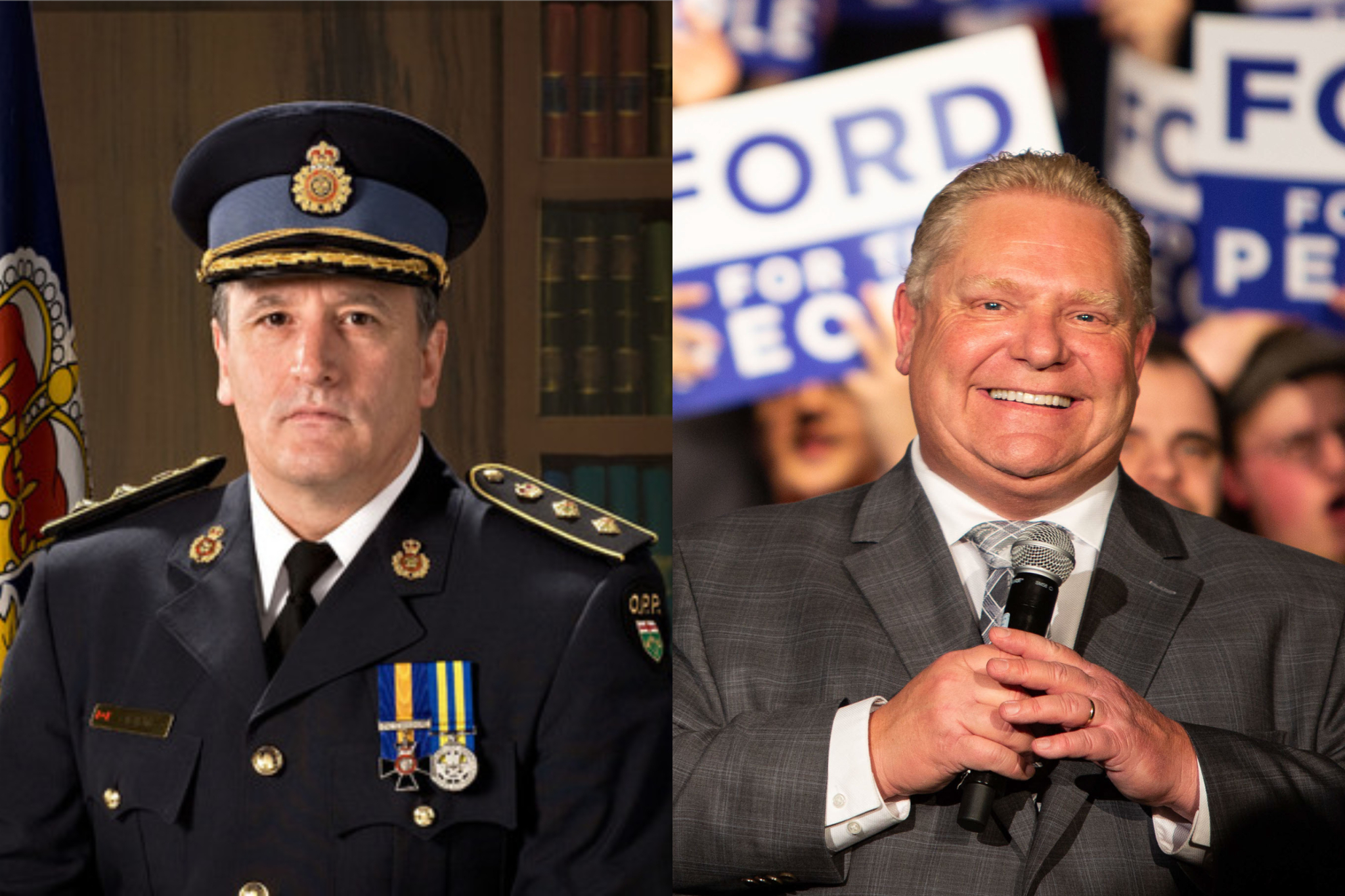

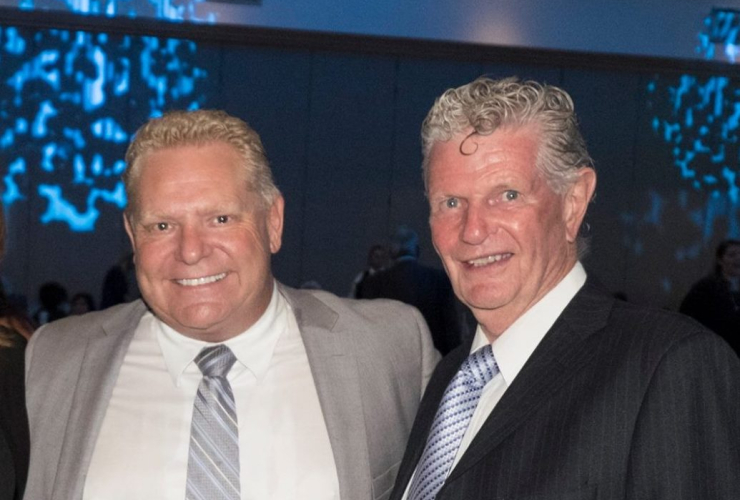
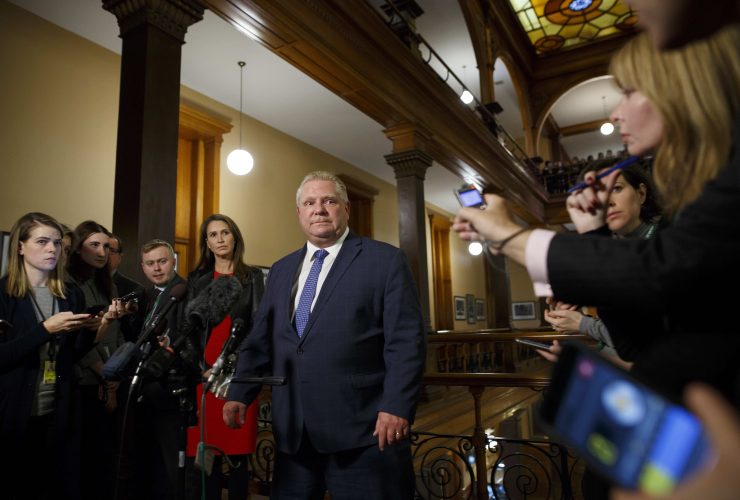
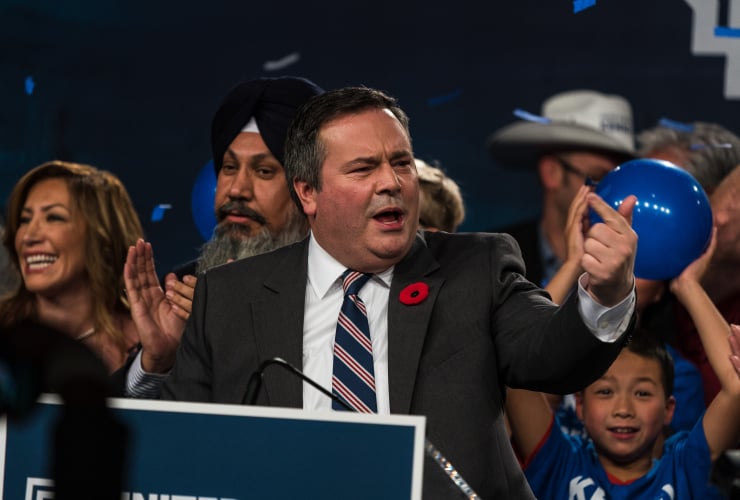
Comments